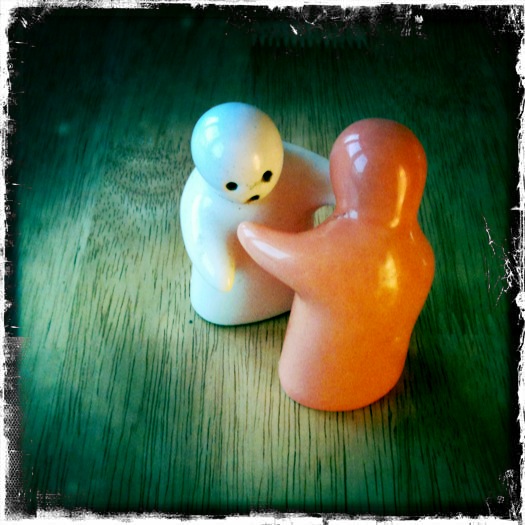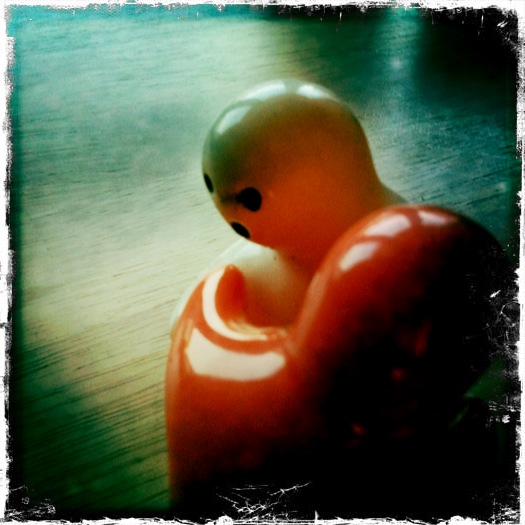Relationships, Couples and Family Counselling
Understanding Relationships, Couples and Family
We are all born into relationships. From the mother or carer who first held you, to the boy or girl you shared a desk with on the first day of school. Many of us find that we are already committed to or invested in another long before we realise that we also need to be committed to or invested in ourselves. Whether it is a partner, a wife, a sibling, a child or a person in need of care, we also need to have a relationship with our self. A 'me' relationship.
Think about how you relate to your self. What you think and feel about your self? How do you experience your self in the world?, with the people you have encountered in the various stages of your lifetime so far. This relationship with your self already exists, it is the relationship you have come to know and rely on. It informs and affects how you relate, interact, enjoy, nurture, and evolve with the people in your life.
Most people will at some stage find themselves in a relationship which is having difficulties. Rarely is the road continuously smooth. Life will inevitably present commitments, unforeseen circumstances, love, loss, estrangement and it will test the deepest faculties of who you are as an intelligent, emotional, feeling, thinking individual.
Communication breaks down, patterns reemerge, mistakes are made, arguments replace conversations, boundaries are not respected, trust is lost.
Counselling and psychotherapy offers the opportunity to explore the specific issues you are experiencing in your relationships. It offers the support and safety to understand and resolve these difficulties in a confidential, safe environment.
Have a look at Types of Relationships - how many do you identify with - notice your reaction to what is listed as a 'relationship' - Ask Yourself? Which relationships are you finding difficult to engage with or to be part of? Which relationships are nurturing, which ones make you feel actively and positively challenged, heard, loved? What challenges are you facing in your relationships? What is working and what is not? How are you coping? Are you getting what you need?
Types of Relationships - Ask Yourself
Family, Parent, Sibling or Ancestry
Biological or Guardian
Friendship
Doctor, Therapist, Dentist
Services: Bank Manger, Postman etc.
Acquaintances, Neighbour
Work Colleagues, Employer
Dating, Separated Couple
Casual, regular sex partner
God, religious, spiritual, universe
Committed, Married, Civil Partnered
Widow, Widower
Orphan
Relationship with 'me'
Relationship Challenges - Ask Yourself
a breakdown in communication
feelings of drifting apart
arguing, fighting, ignoring
financial stress
roles and responsibilities
becoming a parent, being pregnant
bereavement, loss, grief
adolescents, child leaving home
addictions, dependant relationships
periods of anger, mistrust, conflict
assumptions, family rules, family patterns
Infidelity, cheating, pornography, online sex
domestic violence
Change: work, home, retirement, health
frequency and quality of time together
How I Can Help
with Relationships, Couples and Family Counselling
Relationship difficulties manifest for many reasons. How we interpret, engage with and come to terms with these difficulties can feel like a complex and emotional challenge. Negotiating your needs with someone else requires a skill set that does not come naturally, it is learned and it is taught.
“Relationship counselling and psychotherapy will help you to revisit those skill sets, to fine tune them or throw them out and find new skills which are personal, individual and tailor made for you.”
Our earliest experience of relationships echo right through to our present lives. Some of the skills we learned from our caregivers, parents, guardians and peers may need retuning, renewing or rethinking - depending on the experiences we encounter with another. How these skills are used and relied upon also change (and need to change) as we move through the different stages of our lifetime.
Outcomes of Relationship , Couples and Individual Family Counselling
Craft new and unique ways to cope with relationships
Learn and appreciate the history of your coping behaviours, why you do what you
Begin an honest conversation with those you care about
Change your defensive stress stances, stop the blaming, stop the placating
Understand and engage with the Self, the Other and the Context as three separate parts.
Become congruent or authentic in your interactions, feelings and behaviour with yourself and others
Move toward new ways of coping & let go of old learned habits, behaviours and coping strategies
Encounter your 'family' through psychotherapy tools - Genogram, Family Rules, Satir's Mandala
Relationship Counselling I practise involves individual counselling for relationship difficulties, couples counselling and individual counselling for difficulties involving your family.
For counselling which involves family members attending as a group, please contact the Family Therapy Association of Ireland fully accredited and qualified Systemic Family Psychotherapists.
Below is a simple idea of how you or I can be, as the individuals that we are. Words by Virginia Satir, Arthur, Psychotherapist and Family Therapist. /Erich
“I am Me. In all the world, there is no one else exactly like me. Everything that comes out of me is authentically mine, because I alone chose it — I own everything about me: my body, my feelings, my mouth, my voice, all my actions… I own my fantasies, my dreams, my hopes, my fears. I own my triumphs and successes, all my failures and mistakes. Because I own all of me, I can become intimately acquainted with me. By so doing, I can love me and be friendly with all my parts.
I know there are aspects about myself that puzzle me, and other aspects that I do not know — but as long as I am friendly and loving to myself, I can courageously and hopefully look for solutions to the puzzles and ways to find out more about me. However I look and sound, whatever I say and do, and whatever I think and feel at a given moment in time is authentically me.
If later some parts of how I looked, sounded, thought, and felt turn out to be unfitting, I can discard that which is unfitting, keep the rest, and invent something new for that which I discarded. I can see, hear, feel, think, say, and do. I have the tools to survive, to be close to others, to be productive, and to make sense and order out of the world of people and things outside of me.
I own me, and therefore, I can engineer me. I am me, and I am Okay.”
Tags & Titles: Relationship Counselling, Couples Counselling, Communication, Marriage Counselling, Separation support, Marriage Preparation, Business Relationships, Imbalance of Power, Domestic Violence, Infidelity, Communications Skills, Active Listening, Family Systems Therapy, Virginia Satir, Family Rules, Peoplemaking, Dating, Sexuality, Civil Partner, Divorce, LGBTQ Marriage Equality, HR, Harassment, Uncoupling Support, Domestic Abuse, Sex Therapy, Dependent Couples, Addictions, Humanistic, Psychodynamic Counselling





